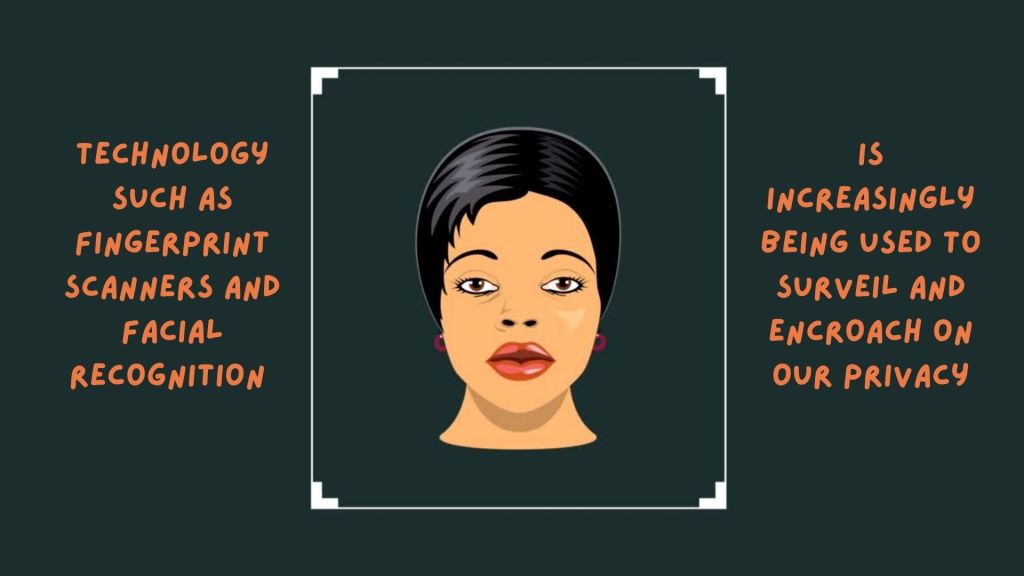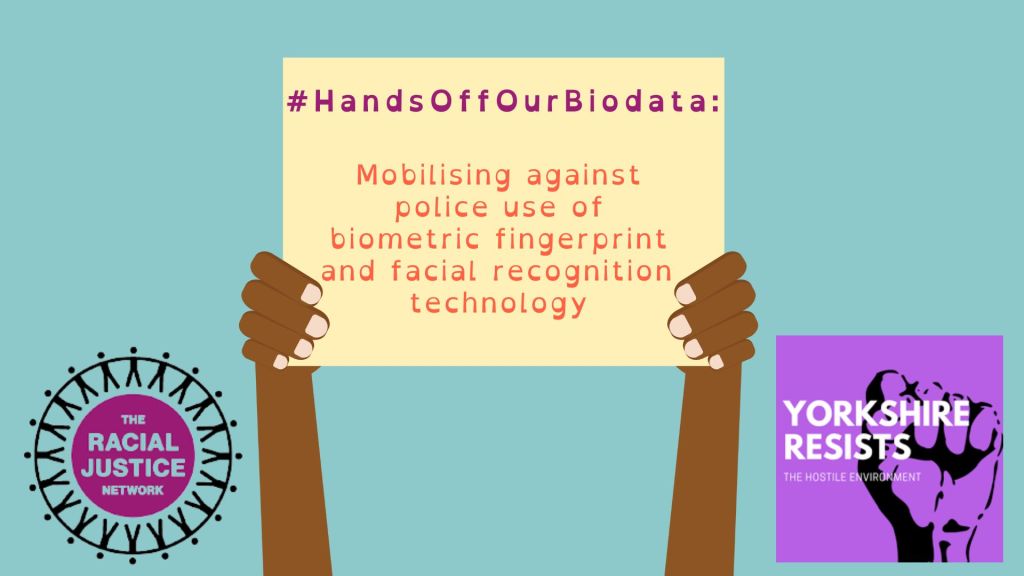The following open letter was sent by this group to the West Yorkshire Police and Crime Commissioner on 20th April 2020.
Dear Mark Burns-Williamson,
We are a group of citizens and activists concerned about the unequal and unjust impact of COVID-19 emergency police powers. We therefore write this open letter to ask what actions you will take to respond to the following concerns.
We have received a number of reports that indicate that current policing practices are not in line with the values and aims outlined by the Police & Crime Commissioner. Specifically we refer to the aim to ‘safeguard vulnerable people and support their communities’ emphasised in the call for applications for funding ‘to deal with the fallout of Coronavirus’.
We have received reports that police are failing in their duty to support victims of crime in the aftermath of racist attacks. While we acknowledge the need for social distancing guidelines to protect the vulnerable in our society, this responsibility must be shared equally. Police failure to respond to the needs of Black, Brown and migrant communities in the face of such crimes amounts to shifting the burden onto those most impacted by the pandemic.
The disproportionate impact of COVID-19 has been recognised in the UK’s decision to launch a review into the matter. Among the most heavily impacted are: the migrant medical staff; those suffering under the hostile environment; those with no recourse to public funds; and those in our communities who are unemployed, in low-paid and insecure work, or living in shared housing, where self-isolation simply is not an option.
While requests for help are being side-lined, the over-policing of these same communities continues during patrols to enforce lockdown. We have heard from several members of the communities we work with that they are being disproportionately targeted and harassed by police officers. Discrimination and harassment are unacceptable under any circumstance and this period of lockdown should not alter that fundamental principle.
It is vital that the police response to the pandemic be to fulfil their duty to provide help for victims of crime, and build trust with those they should be working for. We are deeply concerned that this duty is being undermined, and rights violated, in the way emergency police powers are currently being applied.
We therefore ask what measures you will be taking to:
A) End these practices of discrimination and harassment in West Yorkshire?
B) Ensure victims still receive the support they need in the aftermath of a crime during this lockdown period?
Before COVID-19, as you will be aware, there were numerous reports nationally about the disproportionate use of Stop and Search on black and brown people in the UK. We note that MP David Lammy shares this concern, stating “We cannot continue to have different policing for different communities – it is inherently unfair – and so these figures suggesting that we are actually going backwards are deeply alarming.” This structural racism has been exacerbated under lockdown. We would like to know how West Yorkshire Police, specifically, are mitigating against it.
Lastly, the emergency police powers enable officers to detain anyone under the justification of their suspected potential infection risk. We are concerned individuals detained on these grounds will be referred to the Home Office and imprisoned in immigration detention. Returning the police to a border force role undermines vital access to police services by communities who cannot trust a police force operating as such. It is a serious threat to people’s lives and human rights, particularly when viewed in the context of the growing use of biometrics with racist Stop and Search practices. We understand that the powers are likely to be reviewed every 6 months, but are demanding that the power to detain anyone be removed immediately, since detention venues cannot possibly ensure the individual’s safety.
Regards,
The Stop the Scandal Team





